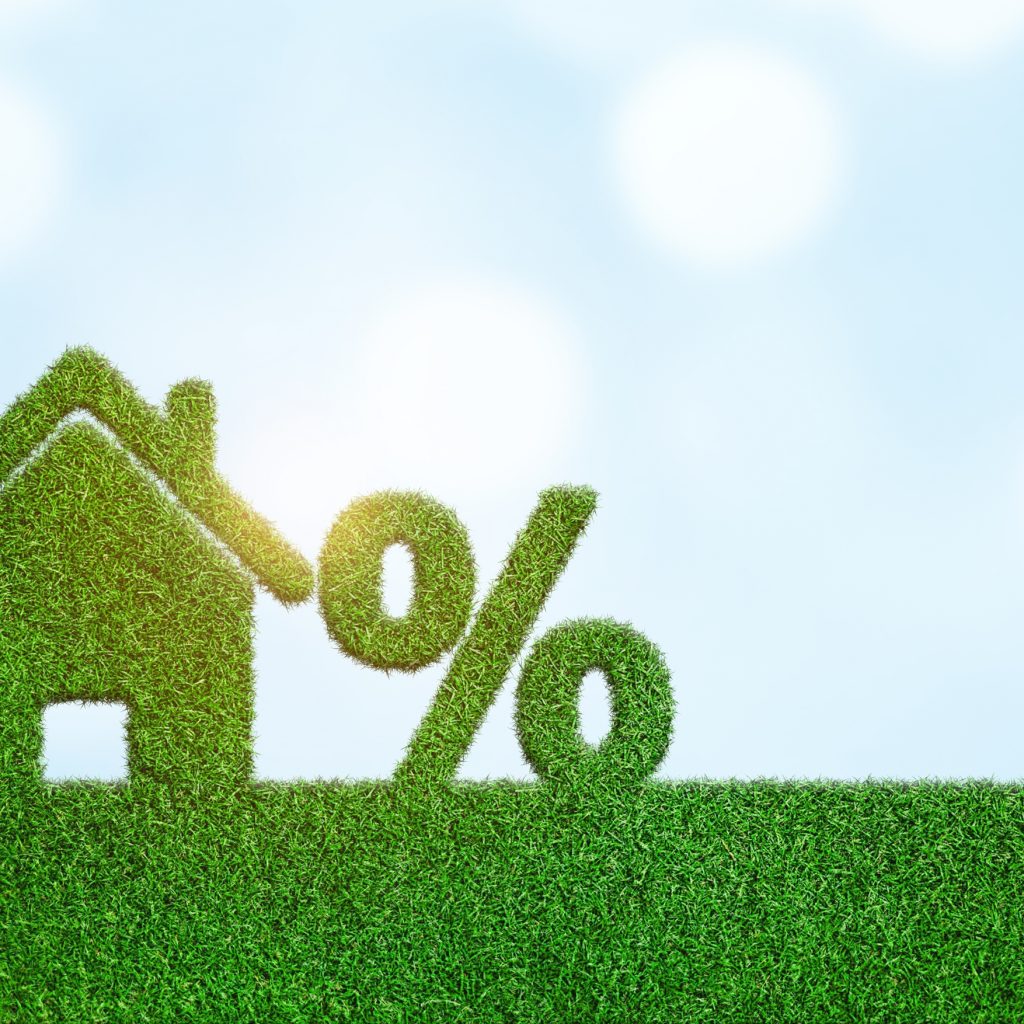Mortgage rates lock or float? Should I lock or float my mortgage interest rate today?
There’s never been a better time than 2020 to buy a home or refinance your mortgage. Mortgage interest rates are at all-time lows. This means whatever mortgage type or term you choose for your loan, if you buy or refinance now, you’ll be paying less money to the bank in the form of interest than ever before.
INFO: Mortgage Rates Lock or Float?
When you open a mortgage with one of our lending partners, you’ll have the option to either lock or float your mortgage interest rate. Which option should you choose? Well, it really all depends on your risk tolerance. Below are some info on whether to lock or float mortgage interest rate for your FHA.
What Does it Mean to Lock Your Mortgage Interest Rate?
Locking your interest rate means that you enter into an agreement with your lender that solidifies your quoted interest rate. When you lock your mortgage interest rate, it won’t go up or down later during the mortgage approval and underwriting process.
Since mortgage interest rates change daily, locking your rate can give you peace of mind if you want to make sure your rate doesn’t climb up. We also recommend locking your interest rate if the rate you’re quoted – and your estimated payment – are on the edge of what you can afford for a monthly mortgage payment since you know your rate won’t increase later. However, when you lock your interest rate, you may lose out on a lower rate if rates drop further during your underwriting process.
What Does it Mean to Float Your Mortgage Interest Rate?
To float mortgage rate means to open a mortgage application for a new home purchase or a refinance, however, you do not immediately lock your rate. Instead, you “float” the rate until a later date in your underwriting process. Floating your rate means that your rate may go up or down compared to what rates were the day you signed your mortgage application.
If you have room in your monthly budget for your mortgage payment to go slightly up from what it was quoted when you opened your mortgage application, you may want to float your rate. Doing so provides you with the change that you’ll be able to lock a lower rate later during the underwriting process if rates drop.
If you’ve got the risk tolerance, floating your interest rate has never been safer than ever before. Interest rates are very low right now, and the small increases we’re seeing most likely won’t increase your mortgage payment by a significant amount in the event you end up locking a higher rate.
*Talk to One of Our Mortgage Lending Partners to Determine the Best Option for You
Before you decide to lock or float your mortgage interest rate for your new home purchase or refinance, we recommend you talk to one of our mortgage lending partners. To be matched with a lender, simply fill out our online form.

